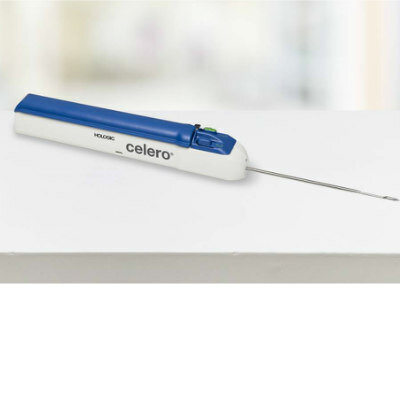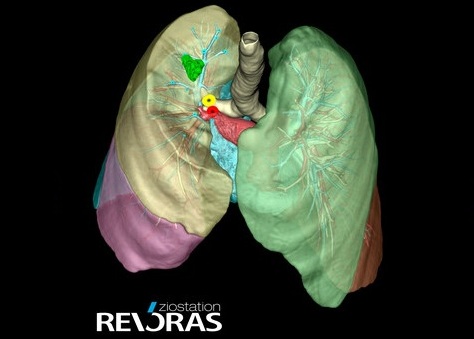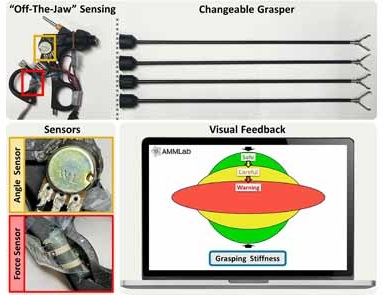GE Healthcare and Medtronic Collaborate to Improve Product Access for ASCs and OBLs
|
By HospiMedica International staff writers Posted on 29 Apr 2022 |

Providing excellent care inside and outside of the traditional hospital is the new normal for patients, clinicians, and payers seeking more choices without compromising excellent outcomes. The COVID-19 pandemic accelerated the movement of procedures into the outpatient environment while also driving disease rates higher, resulting in procedure growth in facilities outside traditional hospitals, and this growth trend is expected to continue for years to come. Also, since CMS approved payments for certain cardiovascular procedures in 2020, fixed c-arm imaging systems have been used more and more frequently in Ambulatory Surgery Centers (ASCs) and Office Based Labs (OBLs) for cardiac and peripheral vascular procedures. Now, a new collaboration aims to meet the growing need for outpatient care.
GE Healthcare (Chicago, IL, USA) and Medtronic (Doral, FL, USA) have entered into a collaboration focused on the unique needs and demand for care at ASCs and OBLs that will allow customers to access extensive product portfolios, financial solutions, and exceptional service. While patient needs are increasing, there remain high costs and complexity associated with expanding an existing ASC or building a new one. GE and Medtronic seek to help ASCs navigate these challenges, bringing the best of each company to deliver high-quality and cost-effective advanced technology, financial solutions, and personal service.
For GE, this includes consultative planning, construction, a comprehensive suite of equipment (including imaging, monitoring, and ultrasound), and exceptional service and digital solutions, including the Edison-powered AutoRight A.I.-based interventional imaging chain, which can help clinicians provide the right image at the right dose automatically for each patient. For Medtronic, this means providing an extensive portfolio of products for a diverse range of service lines in the ASC and OBL, from cardiac rhythm to pain management, peripheral vascular to kyphoplasty.
“GE Healthcare Interventional Imaging solutions are built to help our customers deliver care at a higher level for patients. With a predicted increase in outpatient cardiology and peripheral vascular procedures over the coming years, industry leaders like GE Healthcare need to understand and meet the unique needs of ASCs and OBLs,” said Jim Rapp, Vice President of Interventional Imaging at GE Healthcare. “Our collaboration with Medtronic is one aspect of our efforts to strengthen efficiency, workflow, and clinical outcomes for ASCs and OBLs who work with GE Healthcare.”
“As our customers open centers outside of the hospital, they are looking for support beyond the devices used in medical procedures,” said Adam King, Senior Director of U.S. Enterprise Accounts and Ambulatory Surgery Centers at Medtronic. “From products and devices to equipment and services, we provide a full range of technologies and solutions. Our collaboration with GE Healthcare was formed to better serve the growth of our ASC and OBL customers with extensive technologies and dedicated teams who have expertise in outpatient services and can address all aspects of this evolving sector.”
Related Links:
GE Healthcare
Medtronic
Latest Business News
- Expanded Collaboration to Transform OR Technology Through AI and Automation
- Becton Dickinson to Spin Out Biosciences and Diagnostic Solutions Business
- Boston Scientific Acquires Medical Device Company SoniVie
- 2026 World Hospital Congress to be Held in Seoul
- Teleflex to Acquire BIOTRONIK’s Vascular Intervention Business
- Philips and Mass General Brigham Collaborate on Improving Patient Care with Live AI-Powered Insights
- Arab Health 2025 Celebrates Landmark 50th Edition
- Boston Scientific Acquires Medical Device Company Intera Oncology
- MEDICA 2024 to Highlight Hot Topics of MedTech Industry
- Start-Ups To Once Again Play Starring Role at MEDICA 2024
- Boston Scientific to Acquire AFib Ablation Company Cortex
- Hologic Acquires Gynesonics to Strengthen Existing Gynecological Surgical Business
- Smith+Nephew and JointVue Partner on Ultrasound Preoperative Planning in Robotics-Assisted Surgery
- Stryker Completes Acquisition of NICO Corporation
- BD Completes Acquisition of Critical Care from Edwards Lifesciences
- ZOLL to Acquire Vyaire Medical’s Ventilator Business
Channels
Artificial Intelligence
view channel
Innovative Risk Score Predicts Heart Attack or Stroke in Kidney Transplant Candidates
Heart researchers have utilized an innovative risk assessment score to accurately predict whether patients being evaluated for kidney transplants are at risk for future major cardiac events, such as a... Read more
AI Algorithm Detects Early-Stage Metabolic-Associated Steatotic Liver Disease Using EHRs
Liver disease, which is treatable when detected early, often goes unnoticed until it reaches advanced stages. Metabolic-associated steatotic liver disease (MASLD), the most prevalent form of liver disease,... Read moreCritical Care
view channel
First-Of-Its-Kind AI-Powered Probability Scoring System Assesses Heart Failure with Preserved Ejection Fraction
Heart failure with preserved ejection fraction (HFpEF) is one of the most difficult types of heart failure to diagnose due to the intricate interaction between various clinical and echocardiographic factors.... Read more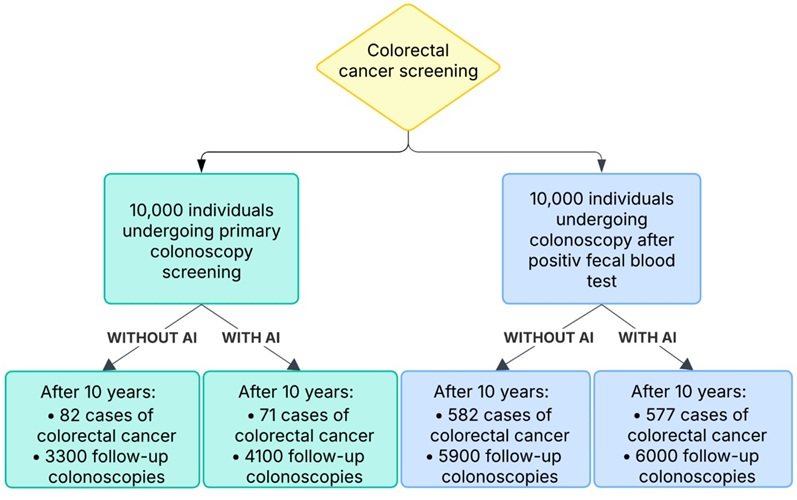
AI-Assisted Colonoscopy Detects More Polyps but Has Modest Effect on Cancer Risk
Colorectal cancer is among the most common cancers in the Western world. Currently, screening is performed using a test that detects blood in the stool (FIT screening). If the test identifies a certain... Read more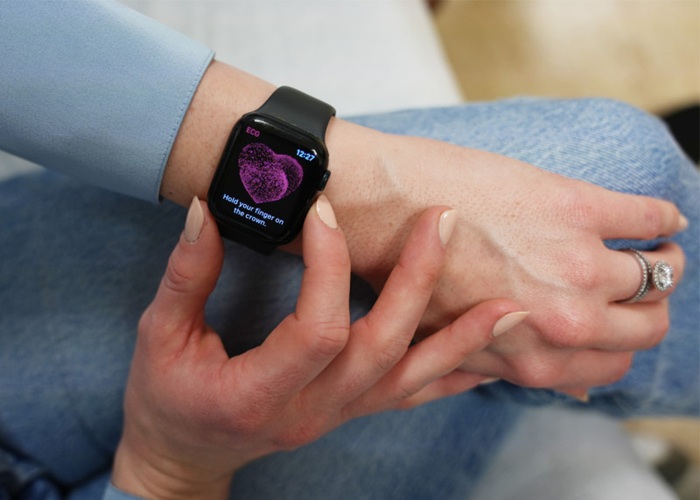
Wearables Could Reduce Need for Continuous Blood Thinners in Patients with Atrial Fibrillation
Atrial fibrillation (AFib) is the most prevalent heart arrhythmia, affecting over 5 million individuals in the United States, with projections suggesting that number could rise to 12.1 million by 2030.... Read moreSurgical Techniques
view channel
Tiny Robotic Tools Powered by Magnetic Fields to Enable Minimally Invasive Brain Surgery
Over the past few decades, there has been a significant surge in the development of robotic tools designed to facilitate minimally invasive surgeries, improving recovery times and patient outcomes.... Read more
Magnetic Tweezers Make Robotic Surgery Safer and More Precise
Microrobots are small-scale robots designed using nanotechnology, and they hold significant potential for various medical applications, including surgery, targeted drug delivery, and biopsy.... Read morePatient Care
view channel
Portable Biosensor Platform to Reduce Hospital-Acquired Infections
Approximately 4 million patients in the European Union acquire healthcare-associated infections (HAIs) or nosocomial infections each year, with around 37,000 deaths directly resulting from these infections,... Read moreFirst-Of-Its-Kind Portable Germicidal Light Technology Disinfects High-Touch Clinical Surfaces in Seconds
Reducing healthcare-acquired infections (HAIs) remains a pressing issue within global healthcare systems. In the United States alone, 1.7 million patients contract HAIs annually, leading to approximately... Read more
Surgical Capacity Optimization Solution Helps Hospitals Boost OR Utilization
An innovative solution has the capability to transform surgical capacity utilization by targeting the root cause of surgical block time inefficiencies. Fujitsu Limited’s (Tokyo, Japan) Surgical Capacity... Read more
Game-Changing Innovation in Surgical Instrument Sterilization Significantly Improves OR Throughput
A groundbreaking innovation enables hospitals to significantly improve instrument processing time and throughput in operating rooms (ORs) and sterile processing departments. Turbett Surgical, Inc.... Read moreHealth IT
view channel
Printable Molecule-Selective Nanoparticles Enable Mass Production of Wearable Biosensors
The future of medicine is likely to focus on the personalization of healthcare—understanding exactly what an individual requires and delivering the appropriate combination of nutrients, metabolites, and... Read more
Smartwatches Could Detect Congestive Heart Failure
Diagnosing congestive heart failure (CHF) typically requires expensive and time-consuming imaging techniques like echocardiography, also known as cardiac ultrasound. Previously, detecting CHF by analyzing... Read morePoint of Care
view channel
Handheld, Sound-Based Diagnostic System Delivers Bedside Blood Test Results in An Hour
Patients who go to a doctor for a blood test often have to contend with a needle and syringe, followed by a long wait—sometimes hours or even days—for lab results. Scientists have been working hard to... Read more








